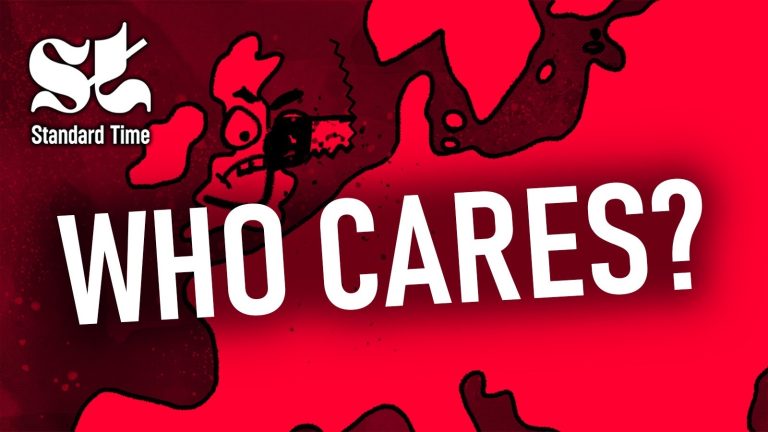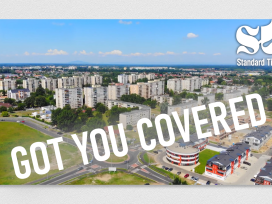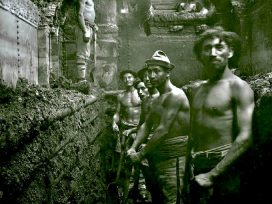What do people in Europe care about? I think they are interested in understanding. Agnieszka Wisniewska, editor-in-chief of the Polish daily Opinion Political criticism, stresses the importance of small publishers who do not spread outside the capitals. “The irony is that we have a lot of information but we are not receiving better information,” she adds.
Among the piles of information, it becomes difficult to assess what the general public cares about. Often the statistics are very surprising. “If we have learned anything, it is that one never knows what the audience will find interesting,” says Simon Garnett, senior editor at Eurozine.
Topics such as the environment, housing, digital transformation, the labor market, and rising right-wing fascism seem to occupy the concerns of most of the next European generation to varying degrees. Although the European Union promises social and political cohesion across the continent, the problems arising from each of its member states pose a huge threat to its structure.
“It's not just about how I might feel about those issues in Germany or France, it's also about how Germans feel about what's happening in France,” says Sarah Elizabeth Cooper of My Country Talks.
Media should facilitate direct discussions with the public to build communities. Some of the founding members joined him View Europe platform, we delve into strategies for bringing European interests together through accessible platforms, and for a wider audience.
Today's guests
Agnieszka Wisnewska is a magazine editor-in-chief Political criticismPolish opinion daily.
Simon Garnett is senior editor at Eurozine.
Sarah Elizabeth Cooper grew up in Chicago My conversationsthe political dialogue and journalistic engagement platform from German Zeit Online.
We meet them at the disco café of the Bicycle and Rails housing project in Vienna.
Creative team
Rika Kinga Papp, Editor-in-Chief
Murphy Akiel, Artistic Director
Zylvia Pinter, producer
Zofia Gabriella Babb, executive producer
Margareta Lechner, writer and editor
Salma Shaka, writer and editor
Priyanka Hutchenreiter, Project Assistant
administration
Hermann Riesner General Manager
Judit Ksikos is project manager
Ms. Chela Kardos, Office Administration
Octo crew
Senad Hergić is producer
Video recording by Leah Hochdlinger
Video recording by Marlena Stolzi
Clemens Schmidbauer video recording
Audio recording by Richard Prosek
Budapest video crew
Nora Roszkay, audio engineering
Gergely Aaron Babai, Photography
Laszlo Halasz, photography
Post production
Nora Roszkay, lead video editor
Istvan Nagy, video editor
Milan Golovics, Conversation Editor
art
Animation by Victor Maria Lima
Cornelia Frischoff, theme music
Captions and subtitles
Julia Sobota Closed caption, Polish and French translation; Manage language versions
Farah Ayyash, translator
Mia Belen Soriano, translator
Marta Verdebar translated into Croatian
Lydia Nadori, translated into German
Katalin Szlukovényi is a Hungarian translator
Daniela Unifazo, translated into German
Olena Yermakova is a Ukrainian translator
Aida Yermikbaeva is a Russian translator
The Martian Zaslavsky movie with Italian subtitles
Sponsored Disco Café for Bicycle and Rails Housing Project, Vienna.
Related readings
Europe talksMy conversations.
Can we de-commercialize housing? Standard Time.
Focus Point: Breaking Bread: Food and Water Systems Under StressEurozine.
Chemists in LudwigshafenStaffan Graner, Eurozine.
disclosure
This talk show is produced by Display Europe: a leading media platform based on public values.
This program is jointly funded by the European Union's Creative Europe Program and the European Cultural Foundation.
Importantly, the views and opinions expressed here are solely those of the authors and speakers and do not necessarily reflect the views of the European Union or the European Education and Culture Executive Agency (EACEA). Neither the European Union nor EACEA can be held responsible for it.





